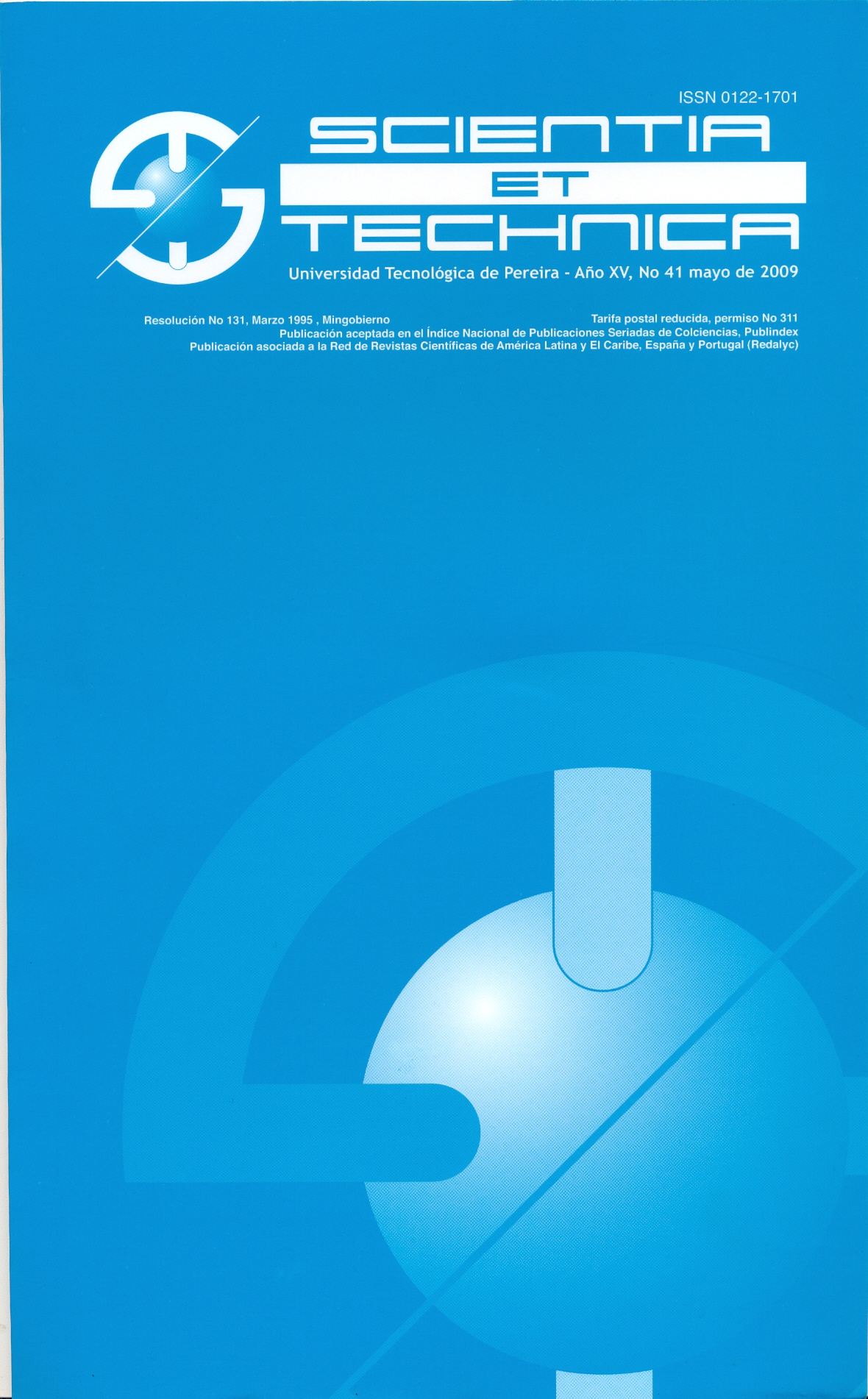Algoritmo simulated annealing aplicado en la identificación de errores de difícil detección en estimación de estado.
DOI:
https://doi.org/10.22517/23447214.2837Abstract
En este artículo se utiliza la técnica de optimización Simulated Annealing con el fin de resolver el problema de estimación de estado cuando este presenta errores de difícil detección. Es propuesto un algoritmo que combina la estimación clásica con la teoría de puntos de apalancamiento y resuelto usando un método de optimización combinatorial denominado Simulated Annealing. Los resultados reportados presentan un mejor desempeño al ser comparados con los obtenidos por un estimador de estado tradicional y de igual calidad a los reportados con métodos de optimización combinatorial tales como Búsqueda Tabú, Algoritmo Genético de Chu- Beasley y Partículas Swarm.Downloads
Downloads
-
Vistas(Views): 313
- PDF (Español (España)) Descargas(Downloads): 316
Published
How to Cite
Issue
Section
License
Copyrights
The journal is free open access. The papers are published under the Creative Commons Attribution / Attribution-NonCommercial-NoDerivatives 4.0 International - CC BY-NC-ND 4.0 license. For this reason, the author or authors of a manuscript accepted for publication will yield all the economic rights to the Universidad Tecnológica of Pereira free of charge, taking into account the following:
In the event that the submitted manuscript is accepted for publication, the authors must grant permission to the journal, in unlimited time, to reproduce, to edit, distribute, exhibit and publish anywhere, either by means printed, electronic, databases, repositories, optical discs, Internet or any other required medium. In all cases, the journal preserves the obligation to respect, the moral rights of the authors, contained in article 30 of Law 23 of 1982 of the Government Colombian.
The transferors using ASSIGNMENT OF PATRIMONIAL RIGHTS letter declare that all the material that is part of the article is entirely free of copyright. Therefore, the authors are responsible for any litigation or related claim to intellectual property rights. They exonerate of all responsibility to the Universidad Tecnológica of Pereira (publishing entity) and the Scientia et Technica journal. Likewise, the authors accept that the work presented will be distributed in free open access, safeguarding copyright under the Creative Commons Attribution / Recognition-NonCommercial-NoDerivatives 4.0 International - https://creativecommons.org/licenses/by-nc-nd/4.0/deed.es license.



